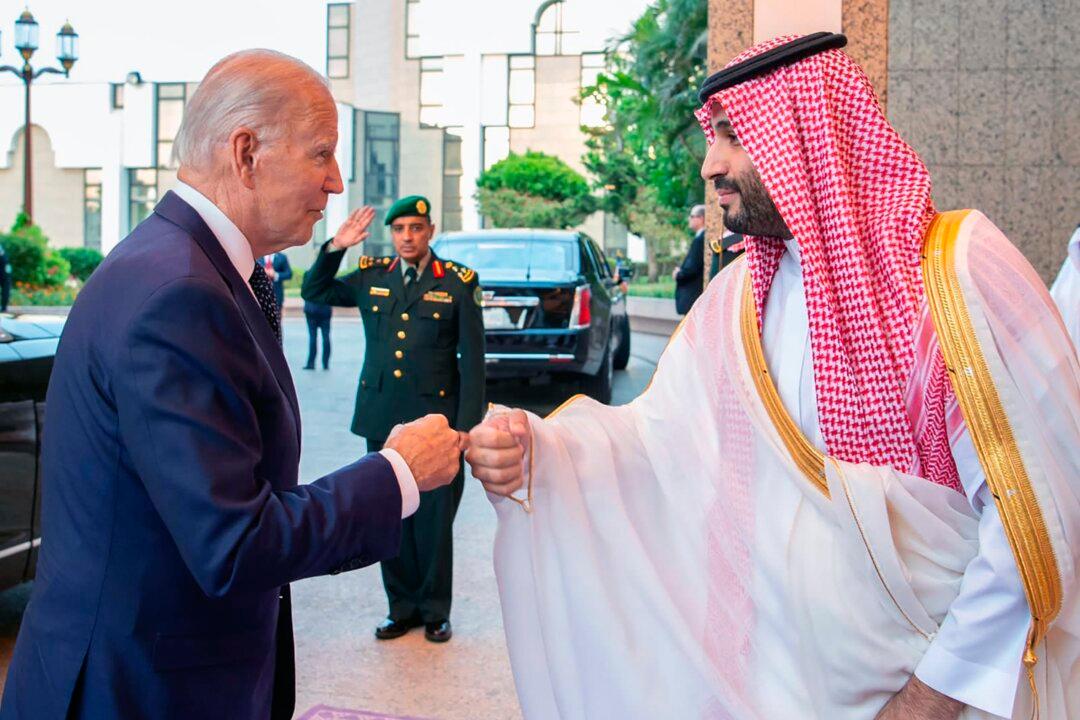With the growing closeness between China and Saudi Arabia, the U.S. sees the deterioration in its relationship with the Gulf country, according to Gregory Copley, president of the International Strategic Studies Association.
“It is the most significant setback which the United States and the West has seen since perhaps the middle of the Cold War period,” Copley told the “China in Focus“ program on NTD news.





